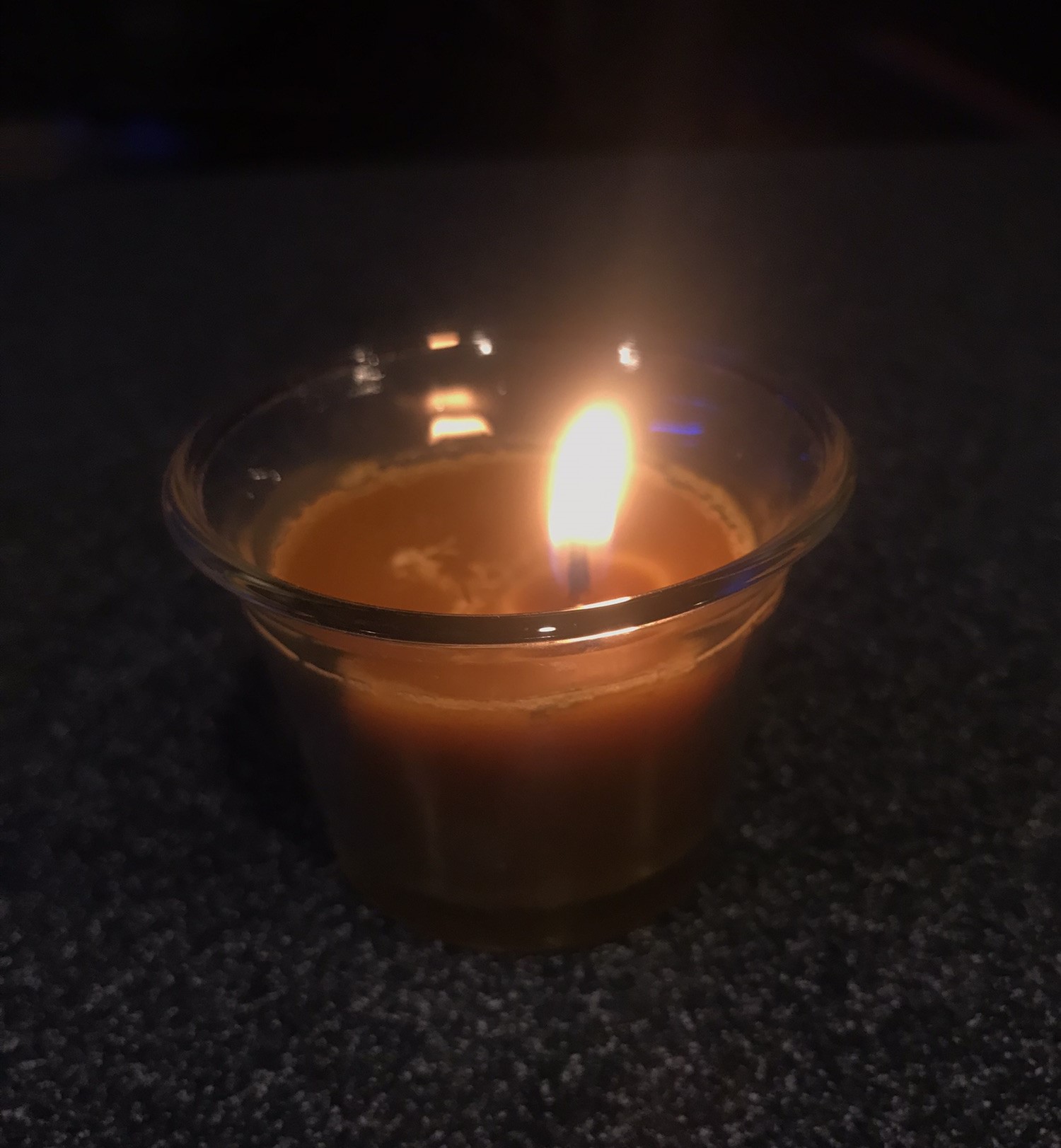Our Better Selves
January 19, 2023
Last week a bear ransacked our beehive, killing all the bees and eating all the brood and honey. It broke my heart, and though I tell myself they wouldn’t have fared any better in the wild, I still feel totally responsible.
I’m not sure how an electric fence could ever be much of a deterrent for an animal that makes a living ransacking beehives and getting stung thousands of times in return. It seems like the shock of the fence wouldn’t be much different than getting stung. I know some local beekeepers attach pieces of bacon to the electric fence wire. Bears, who can’t resist bacon, bite down and get the full charge of the fence on their tongue. That always seemed slightly sadistic to me, but in retrospect, it actually makes sense. The bear’s thick fur insulates it from bee stings (and electric fence shocks). Its mouth and nose, though, are much more sensitive. Bears have excellent memories for food and pain and will likely leave that fence (and the bees it protects) alone.
Our marauding bear ate at least 50 pounds of honey, brood eggs, and the wax comb that surrounded it. Objectively, I know the bear is just trying to survive, and I do my best to not take it personally – but I seriously hope it’s suffering from a miserable case of indigestion from all that wax.
The only thing the bear left behind was a small piece of the comb that the bees hadn’t yet filled with brood eggs, or honey. Anne and I brought it home, melted it down and made a small candle from the wax. When it’s lit, it’s beautiful, but sadly bittersweet. I am reminded of what the bear extinguished, and I think – “it’s horrible” (which it is) but then I realize – no, actually, it’s just the other side of life. Death is indeed the price we all pay for being alive.
And when I watch the flame dance around the candle and realize that’s all I have left, I think “what a terrible waste!” Such an extraordinary amount effort they made all summer to move in with us and rebuild their hive. But it really wasn’t a waste. In the process of doing what they needed to do, the forager bees from our hive, pollinated up to 300 million flowers a day – every day they were alive. And the hive’s 2,000 plus males flew up to 3 miles a day, every day, looking for love and adding to the genetic diversity of the local apian community. So regardless of the hive’s success or not, their work in fact was not at all in vain. Though the colony did not survive, they did their piece of the puzzle contributing to the web of life. And we’ll continue to do ours. Channeling our better selves, we’ll keep our “chin up”, try to keep things in perspective, build a better bear fence and hopefully attract another swarm in the spring.
Secretly though, I can still hope that our bear is flat out miserable with a massive belly ache, can’t I?

